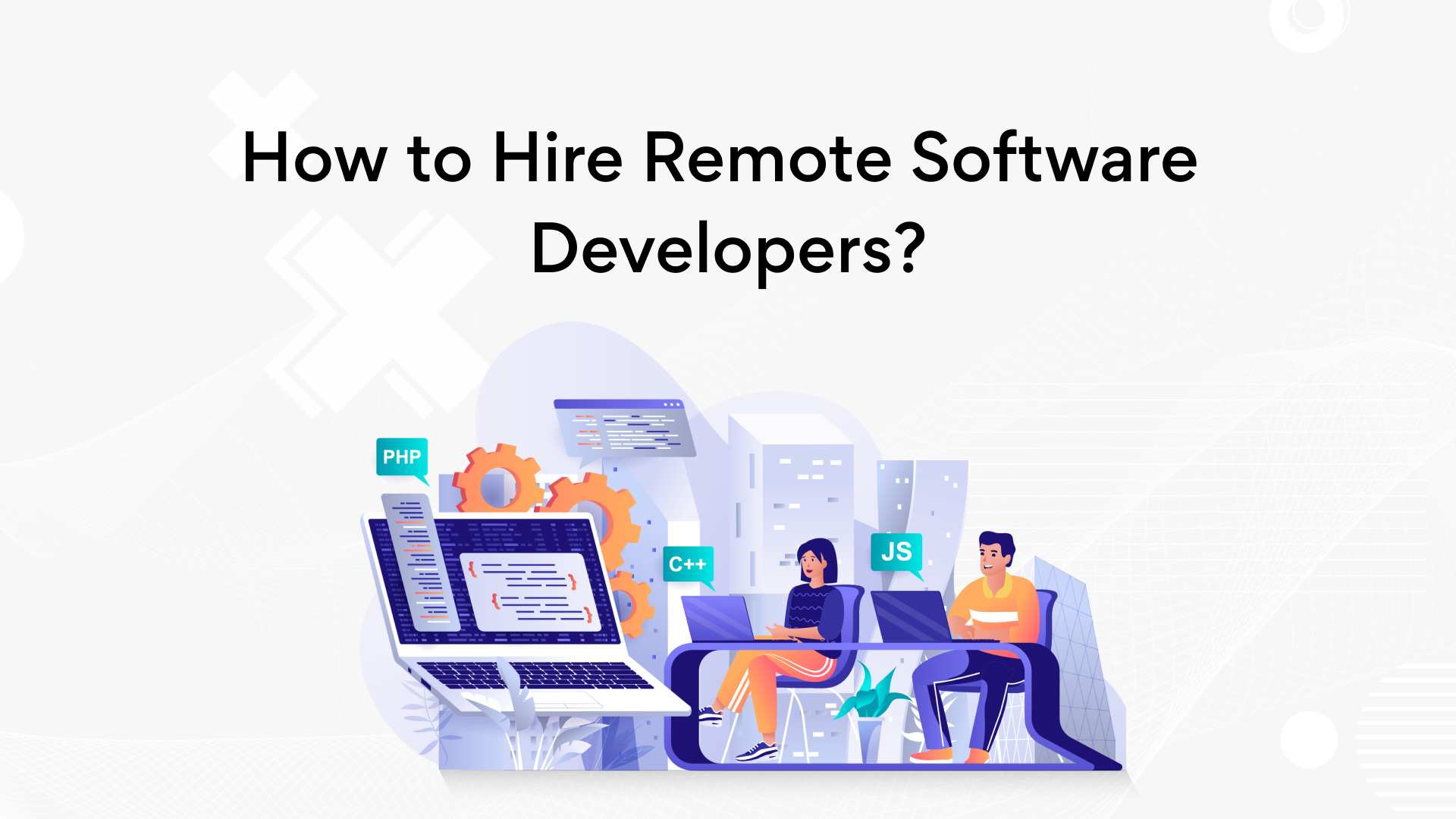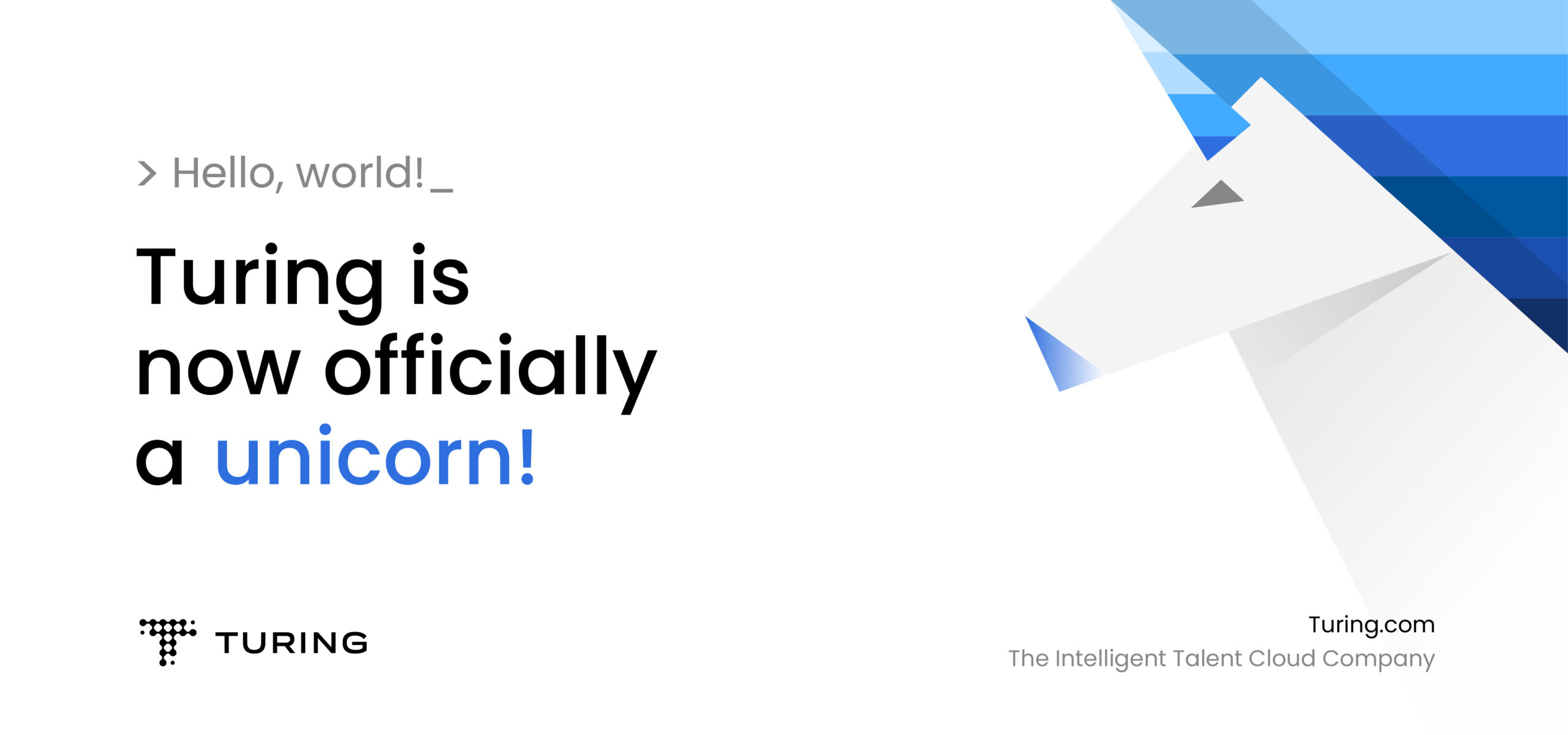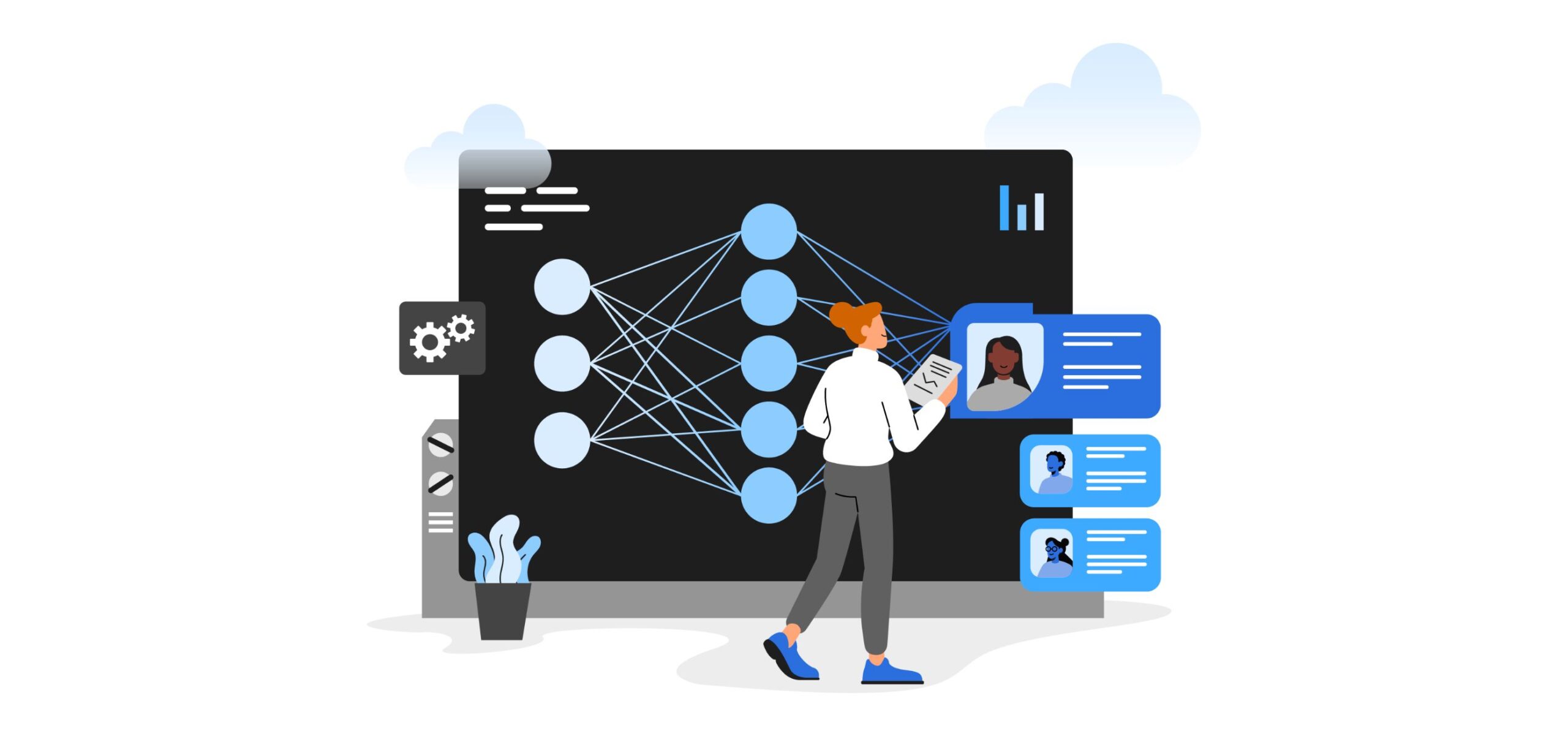Top Takeaways from Turing’s Boundaryless: #ScalingPostPandemic Event
Engineering Leaders from Amazon, LinkedIn, Postmates/Uber Share Insights for Building Successful Remote Teams Post Pandemic
Creating opportunities for rapport building among team members, understanding employee needs post-pandemic, and supporting downtime for remote workers were three of the key insights engineering leaders and remote work experts shared at Turing’s Boundaryless: #ScalingPostPandemic conference. Turing leaders also discussed exciting new product updates to Turing’s Intelligent Talent Cloud.
The virtual conference, held May 13, 2021, to discuss sourcing, vetting, onboarding, and managing remote software teams in a post-pandemic world, featured speakers from Amazon, LinkedIn, Cushman & Wakefield, Postmates, and WestBridge Capital Partners, as well as several fast-scaling startups. #ScalingPostPandemic was the latest in Turing’s series of quarterly virtual conferences.
Top takeaways from the event:
Talent will rule the day
Moderator Akshay Thakor (Turing) kicked off the first panel discussion, “Prepping for the New Normal,” by asking leaders about their vision of the post-pandemic world.
Gabe Burke (Cushman & Wakefield) and Hetal Shah (Uber/Postmates) both declared that talent will drive workplace transformation in the new normal. “If the talent insists on hybrid or remote working models, then most companies will eventually give in to their needs,” said Gabe.
Hetal agreed, saying, “Companies that can provide flexibility to their employees—whether it’s a hybrid approach or something similar—are going to be winners.”
Nellie Hayat (VergeSense) pointed out that, currently, leadership teams are out of touch with employees’ needs for flexibility. “There’s a gap between what employers want and the reality of what employees need,” she explained.
Gabe cited a survey by Littler to show this disconnect. 71% of employers surveyed believe that most employees would prefer a hybrid model; only 4% believe that most employees who work remotely would like to return to full-time, in-person work. Despite this, 28% of employers plan on having most employees return full-time and in person.
The group further discussed strategies for retaining talent pools, questions for remote leaders to reflect on, and advice for remote workers. Watch the full discussion here.
Boundaryless teams need boundaries too
Emma Giles (Sophya) kicked off the fireside chat, “How Does LinkedIn Approach Remote Work?”, by asking LinkedIn VP of Engineering Heather McKelvey to share her own experience and learnings from going all-remote.
Self-Care is a critical part of maintaining high performance. ?@hamckelvey explains at the Boundaryless: #ScalingPostPandemic event. ?#SelfCare #HighPerformance #RemoteWork pic.twitter.com/CLMvRhxoUi
— Turing.com – The Future of Work is Remote (@turingcom) May 13, 2021
Heather emphasized the need for setting boundaries. Working from home can cause high-performance teams to lose track of the number of hours they work, causing burnout, she explained.
“If you’re going to maintain high performance, you should also maintain the ability to relax and turn off,” she said.
Emma agreed, sharing her experience with her own team. “Performance wanes if we continue to stay on all the time.”
Heather explained a solution to potential burnout that LinkedIn has developed. LinkedIn shuts down twice a year for one week. This year, the company realized employees weren’t taking time off due to the pandemic and the shift to remote. To help workers cope, the firm closed for an extra week in April, Heather said.
Heather said her own method of setting boundaries includes going completely offline for at least two 30 minute slots per day. Other colleagues, she mentioned, cope by working six hours a day. “Working six hours as a high-performer is better than working ten hours while feeling 50%.”
Emma and Heather also discussed tactics for mentoring remote teams, celebrating team wins, and connecting with each other. Catch the full conversation here.
PS: Turing’s readers can get two months of free access to a private Sophya digital office for teams of any size by contacting emma@sophya.ai.
The key to remote success: deliberate personal communication
Two panels—“What Does Remote Look Like for the Enterprise?” and “How Should Startups Think About Remote Work and Distributed Teams Today?”—found common ground at #ScalingPostPandemic around the importance of communication.
Leaders from both the enterprise and startup panels said proactive, intentional personal communication between remote team members is critical to success.
Team Building in the Age of Remote Work ?
— Turing.com – The Future of Work is Remote (@turingcom) May 13, 2021
Aditya Modi, Senior Engineering Manager @LinkedIn gives his advice at the Boundaryless: #ScalingPostPandemic Event ?#Event #Teams #Remote #TeamBuilding #Enterprise #Hire pic.twitter.com/mdeHlrxdZ5
In the enterprise panel, Aditya Modi (LinkedIn) explained the reasoning behind this to moderator Sumir Chadha (WestBridge Capital Partners): relationships get built organically within on-premise teams. Remote teams, however, require more effort. “When everyone is remote, you must carry out team bonding deliberately,” Aditya said.
Kintan Brahmbhatt (Amazon) said frequent one-on-one calls, catch-ups with colleagues, and personal chats are important strategies for ensuring teams bond as a unit.
In the startup panel, Greg Moulton (PocketBuildings) also cited a lack of personal communication as a potential problem. He stressed strengthening relationships in remote teams with in-person meetings.
“We want to bring the company to our employees,” Greg explained. He said he plans to move his team around to different members’ localities, enable them to experience different cultures, and get to know each other on a deeper level.
Similarly, Tray Lewin (AIKON) mentioned the significance of continuous engagement in onboarding and mentoring new employees. “You need to be proactive and regularly ask people if they’re getting what they need,” he said.
The startup panel also touched upon hiring best practices, remote work surprises, and transitioning to boundaryless work. Head here for the full conversation.
Meanwhile, the enterprise panel also discussed diversity in engineering teams, onboarding new employees, and effective distributed meetings. Watch the complete session here.
PS: you can get a 50% discount on PocketBuildings’ Enterprise License by emailing info@pocketbuildings.com with the word ‘Turing’ in the subject line.
Turing’s Intelligent Talent Cloud solves hiring pain points
Turing’s Co-Founder & CTO Vijay Krishnan, along with Chul Kwon, Senior Growth Product Manager, and Rivers Evans, Director of Sales, showcased the latest updates to Turing’s Intelligent Talent Cloud. Designed to help companies better source, vet, and manage remote developers, the updates included:
- A unique self-serve system that allows customers to instantly find pre-vetted software developers based upon their exact needs, easily set up interviews, and hire developers they choose within days vs. weeks or months required for traditional approaches to hiring software engineers.
- Enhanced deep developer profiles, that provide rich representations of a developer’s strengths, experience, and expertise across a wide range of capabilities, all, validated by Turing’s intelligent vetting platform.
- Significant advancements to Turing’s ML-powered vetting system, including the ability to accurately predict an individual developer’s likelihood of being a good fit for a customer’s specific role or needs.
The event concluded with an urgent call-to-action from Turing’s CEO and Co-Founder Jonathan and Ashu Garg, Turing investor and co-founder at WestBridge Capital Partners. Jonathan and Ashu spotlighted the ongoing COVID-19 surge in India and shared how event attendees could help through support of One More Breath, which aims to provide beds with oxygen support in the hardest-hit Indian regions. To donate, visit onemorebreath.org. You can also help by spreading the word through their Twitter, Facebook, and Instagram.
Tell us the skills you need and we'll find the best developer for you in days, not weeks.












